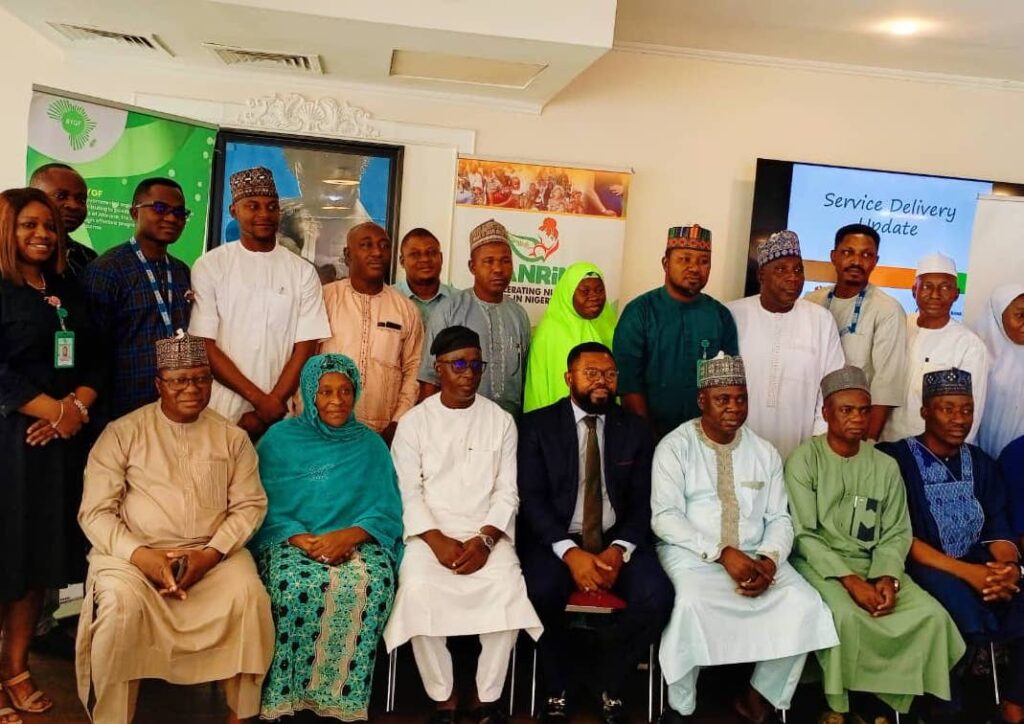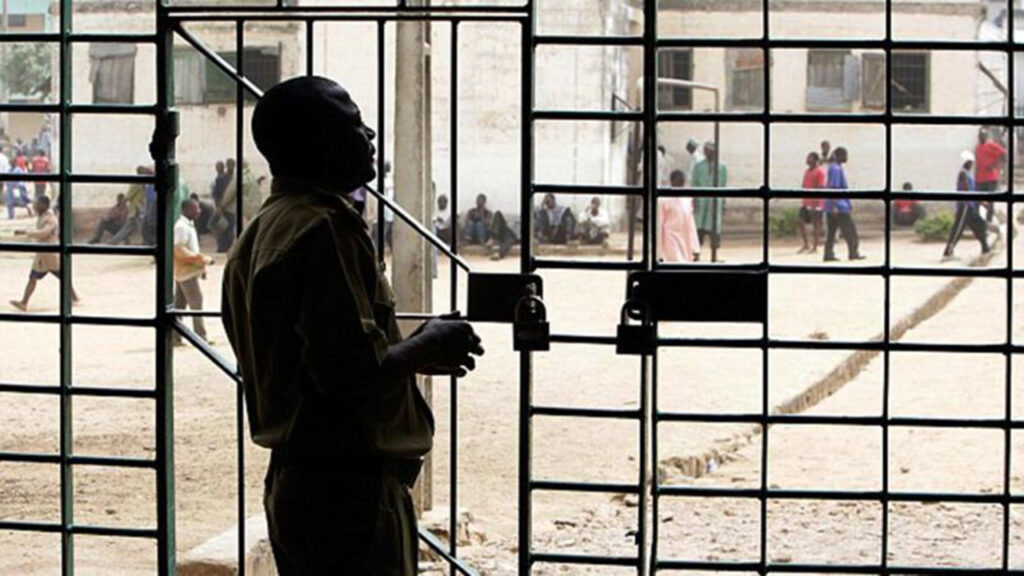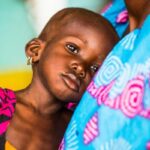
Africa Youth Growth Foundation (AYGF) said it has reached out to over one million beneficiaries in Niger state as a significant effort to combat malnutrition.
The foundation has also attributed the rising cases of insurgency in the country to poor nutrition.
Executive Director, AYGF) Dr. Arome Salifu, disclosed this in Abuja, during a stakeholders’ meeting focused on the Niger State Accelerating Nutrition Results in Nigeria (ANRiN) project, organized by AYGF in partnership with the PLAN International Foundation.
The meeting brought together various stakeholders to discuss the crucial link between nutrition and sustainable development, as well as the project’s progress and future directions.
He said: “We have captured over one million beneficiaries, amongst children alone, not to talk of women in different communities. We cover 13 local government areas, and we see more opportunities in order to be able to sustain the momentum.
“After the end of this project. The system we have built over this period in the last three years guarantees sustainable service at the community level, even by the community themselves.”
Salifu explained that the ANRiN project is a five-year initiative supported by the World Bank, aims to improve the health and wellbeing of vulnerable populations. Specifically, the project seeks to increase access to quality, cost-effective nutrition services for:
He added, “Every project faces challenges, as there is no perfect system in the world. In Niger State, one of the significant challenges we encounter is security issues. Insecurity, similar to many parts of the country, has been a major obstacle to delivering services and driving progress in nutrition across communities.”
In his remarks, Niger State Commissioner for secondary and tertiary health, Dr. Bello Tukur, said: “The insurgency ‘bandits’ have displaced a lot of our people from the rural communities and when they usually attack at the time of harvest, or the time of planting, people rely so much on that to feed.
“So what the program has done, When displaced individuals move into Internally Displaced Persons (IDP) camps, so the program meets them there and gives them awareness on how they can use local food that are available so that they can have nutritional status and then we have some of the fast food, the nutrition support, like the ready to use trap eating food that they give to children that have so much control problems.”
Also speaking, Project Manager, Dr. Uchenna Obiodu, said: “It will interest you to know that in terms of the milestone for assessing NSS we have superseded and have even exceeded our targets by 90 per cent overall over the period of three years that we have implemented from our last assessment as at the end of April, we have reached over 119% of our targets.
“However, for Plan International, we have reached slightly over 623,000 individuals on the project and this includes both pregnant women and adolescent girls and children under five girls, boys and girls.”













